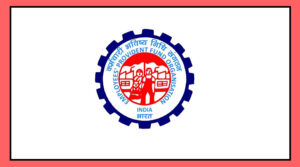When it comes to tax savings, awareness and strategic planning can significantly reduce your tax liability and simplify financial management.
However, overlooking certain deductions and benefits can lead to missed opportunities and higher tax payments.
Here are five common mistakes to steer clear of during tax filing:
1. Ignoring Tax Deductions:
Section 80C of the Income Tax Act offers a plethora of avenues for tax-saving investments such as Public Provident Fund (PPF), Equity Linked Saving Scheme (ELSS), National Savings Certificate (NSC), and Employee Provident Fund (EPF).
Failing to capitalize on these deductions could mean missing out on saving up to Rs 1.5 lakh annually.
2. Overlooking House Rent Allowance (HRA):
Salaried individuals receiving HRA can claim exemption on rent paid, provided they meet certain conditions.
By neglecting to submit rent receipts or documents to your employer, you risk losing out on this valuable tax-saving opportunity.
3. Neglecting Health Insurance Premiums:
Premiums paid towards health insurance policies for yourself, spouse, children, and parents are eligible for deduction under Section 80D.
Failure to avail this deduction may result in increased tax liability.
4. Not Utilizing National Pension System (NPS) Benefits:
Contributions made to NPS qualify for tax deduction under Section 80CCD (1B), offering an additional deduction beyond the limit available under Section 80C.
By not leveraging this benefit, you could miss out on valuable tax-saving opportunities.
5. Procrastinating Tax Planning:
Waiting until the last minute to invest for tax savings can be a costly mistake. Avoid procrastination and invest in tax-saving schemes early in the financial year to not only maximize your savings but also earn tax-free interest.
By steering clear of these common pitfalls and staying informed about available deductions and exemptions, you can optimize your tax-saving strategies and secure your financial future.
Remember, proactive planning is key to minimizing your tax burden and achieving your financial goals effectively.

























